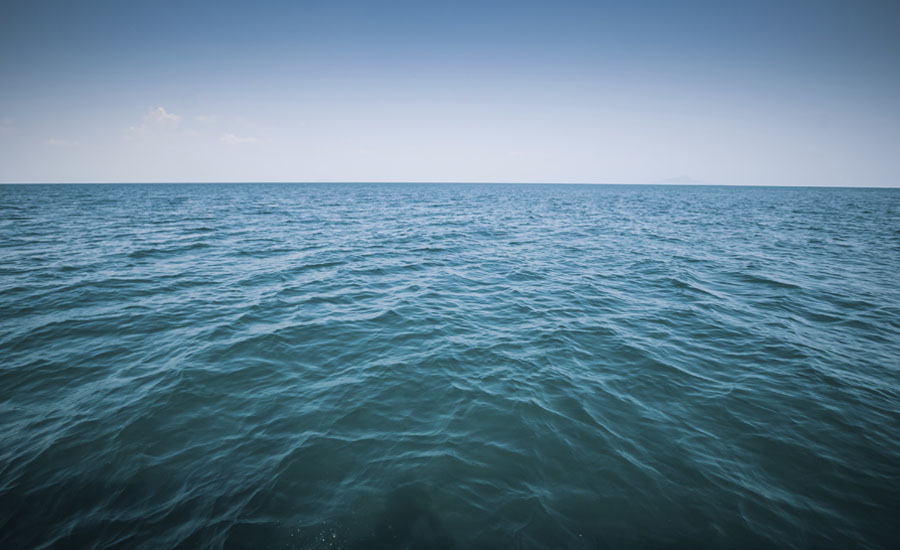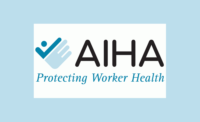Feds meet with mariners about safety issues

The fatality rate in the marine industry may be low compared with other sectors, but more can be done to prevent incidents. That was the message conveyed by the National Transportation Safety Board’s (NTSB) Office of Marine Safety (OMS) during its recent “safety advocacy tour.”
Learning from accidents
From January to April, OMS staff met with mariners and ship owners at a variety of marine industry events to help raise awareness about safety issues related to fatigue, distraction, and impairment—all factors seen in many recent accident investigations. They also discussed the benefits of voyage data recorders and findings from the El Faro accident investigation, the largest and most complex NTSB marine investigation in the agency’s history.
Some of the stops on their safety advocacy tour included the Seatrade Cruise Global 2018 Safety and Security Symposium in Florida, the 2018 Towing Forum at the State University of New York Maritime College, the United States Merchant Marine Academy in Kings Point, New York, and the Research Vessel Operators Committee Meeting in Narragansett, Rhode Island.
What the OMS does
The OMS investigates major marine accidents on or under the navigable waters, internal waters, or the territorial sea of the United States and accidents involving:
- U.S. flagged vessels worldwide
- U.S. public vessels and non-public vessels
- USCG marine safety functions
- incidents in which the United States is a party of substantial interest
- those related to recreational boating safety, and
- catastrophic accidents on U.S. waters whether or not the USCG has jurisdiction.
The goal: to determine the probable cause and identify safety recommendations which will prevent similar events in the future.
OMS safety recommendations are issued to federal government agencies such as the USCG, State agencies, vessel owners and operators, classification societies and maritime industry organizations. OMS also actively participates in US-based and international groups to improve marine investigations and promote maritime safety.
Looking for a reprint of this article?
From high-res PDFs to custom plaques, order your copy today!






